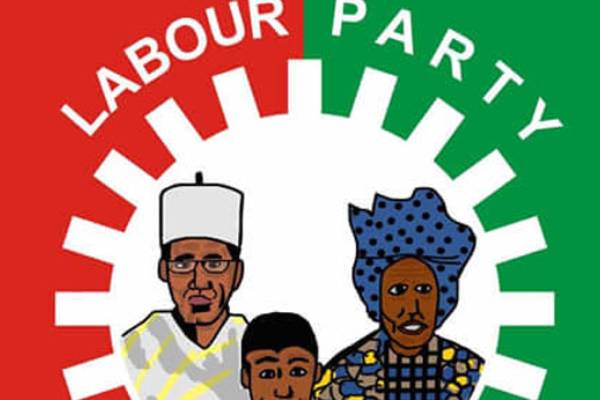The recent by-elections held across various states in Nigeria have sparked sharp criticisms from key opposition parties, particularly the Labour Party (LP) and the Peoples Democratic Party (PDP), casting a shadow over the electoral process and raising questions about the integrity of the Independent National Electoral Commission (INEC).
The Labour Party, through a statement issued by its Senior Special Adviser to the Acting National Chairman, Senator Nenadi Usman, described the by-elections as a “mockery of democracy.” The party highlighted multiple incidents nationwide—including vote-buying, voter intimidation, and logistical challenges—that collectively undermined the credibility of the polls. Locations from Kaduna to Anambra and Ogun to Oyo reportedly experienced irregularities, prompting LP to call for urgent reforms and improved oversight. The party warned that failure to address these concerns could damage the credibility of the upcoming 2027 general elections. LP also urged President Bola Tinubu to take decisive action to protect Nigeria’s democratic institutions.
Meanwhile, the Peoples Democratic Party in Edo State outrightly rejected the by-election results, alleging deliberate sabotage by INEC linked to the malfunctioning and manipulation of the Bimodal Voter Accreditation System (BVAS) machines. The PDP accused INEC of using “glitches” as a smokescreen for partisan manipulation, which they claim unfairly advantaged the ruling APC. The party described the election exercise as an embarrassment to democracy and argued that such systemic flaws continue to undermine the very foundation of electoral credibility in Nigeria. PDP called for accountability and stronger electoral management to ensure free and fair elections moving forward.
The tensions between the opposition parties’ assertions and the commission’s reported conduct underline the challenges Nigeria faces in safeguarding electoral transparency. While INEC has praised the relatively peaceful nature of the elections, repeated allegations of vote-buying, intimidation, and administrative bias underscore the persistent skepticism within the political landscape.
As Nigeria progresses toward its 2027 elections, these criticisms amplify demands for comprehensive electoral reforms and stricter enforcement measures to restore public trust and prevent the erosion of democratic gains.
More than news- Its Icegate


Месяц назад перешёл на кракен даркнет маркет после закрытия старой площадки
дизайн туалета в доме дизайн коттеджа под ключ
дизайны комнат в квартире дизайн двухкомнатных квартир 40 кв м
полотенцесушитель 500 полотенцесушитель сталь